Fieldwork
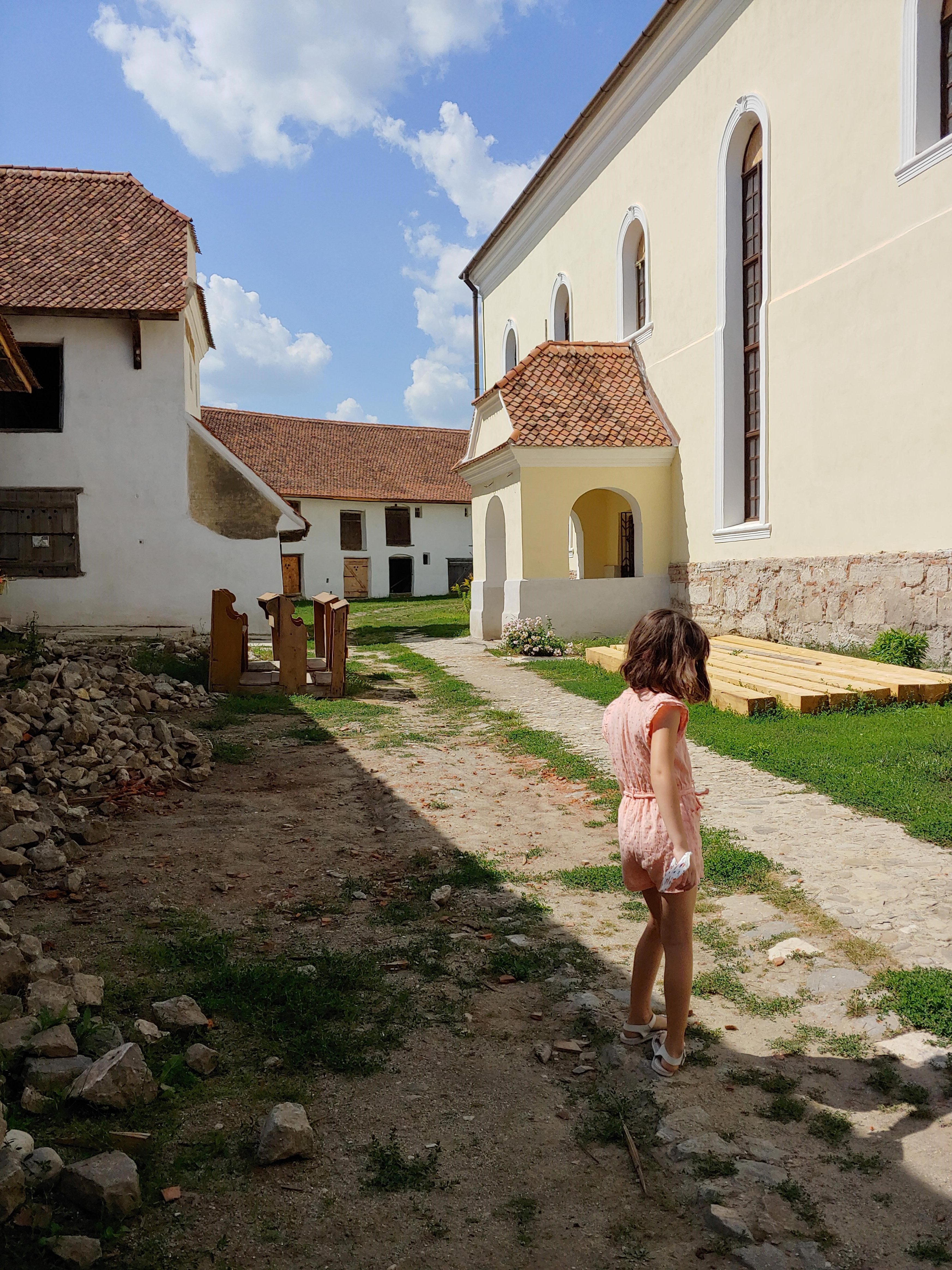
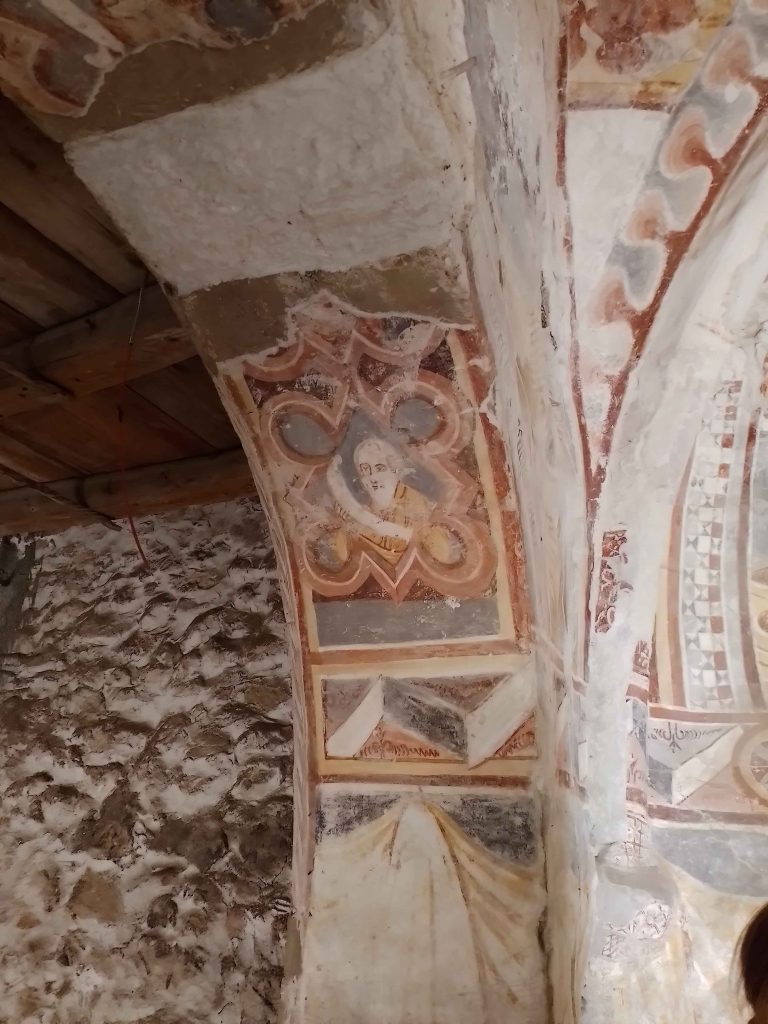
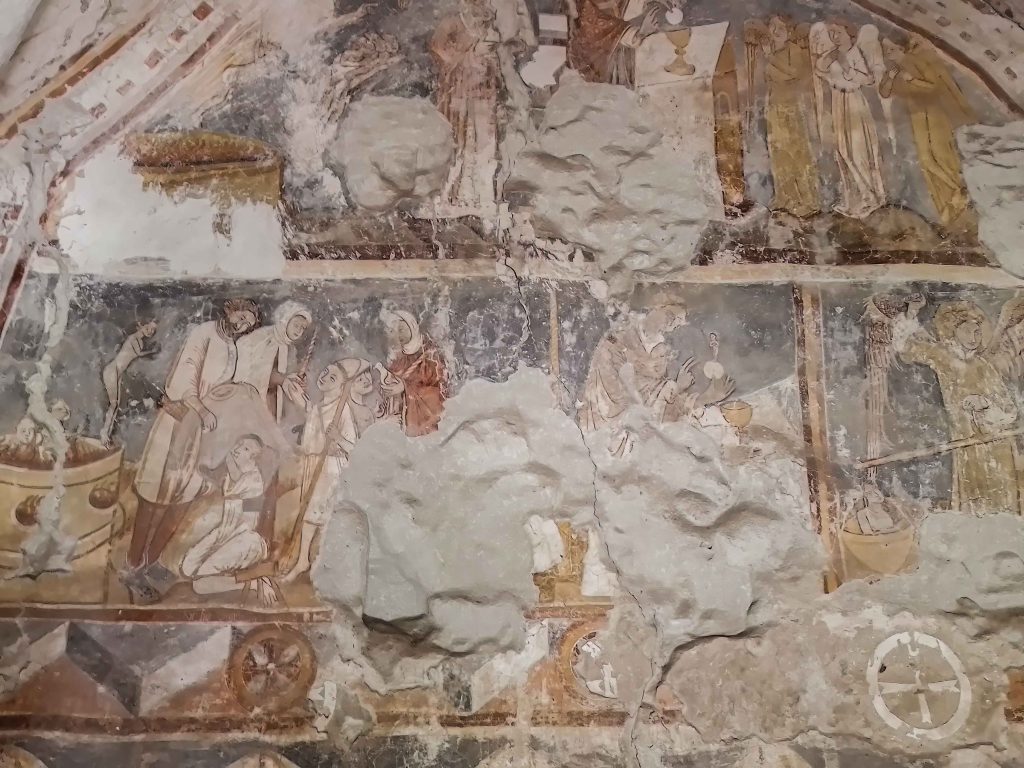
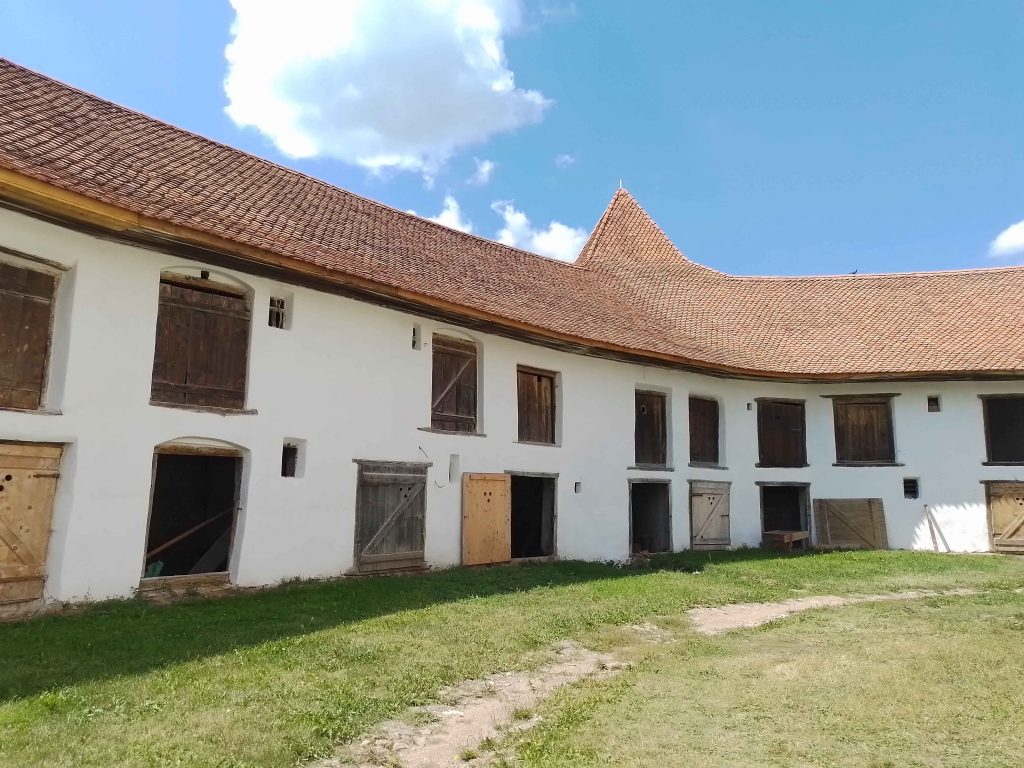
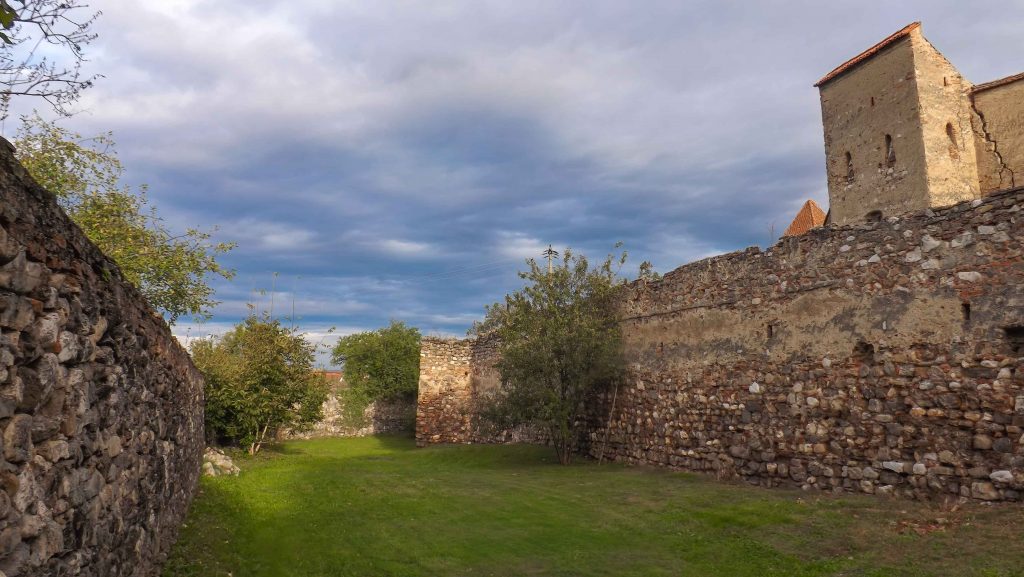
Location: Sânpetru, Romania
Session Dates: July 7- August 3, 2024
Application Deadline: April 15, 2024
Deadline Type: Rolling
Website: https://ifrglobal.org/program/romania-sanpetru/
Program Type:
Field School
RPA Certified:
No
Affiliation:
Institute for Field Research (IFR), The Braşov Bioarchaeology Project
Project Director:
Dr. Annamaria Diana, Dr. Daniela Marcu Istrate
Project Description:
The field school takes place in the quaint Transylvanian village of Sânpetru, a few km from the city of Brasov, and aims to develop specific aspects of the broader Braşov Bioarchaeology Project (est.
2014), investigating biocultural diversity in medieval Transylvania. Two core objectives are:
1) To continue the post-excavation processing of human skeletal remains from the Braşov medieval cemetery (cleaning, organising, bagging);
2) To uncover new archaeological evidence through the excavation of areas of the fortified Saxon
church in Sânpetru.
The field school offers the unique opportunity to receive training in both bioarchaeological analysis and archaeological fieldwork. Among the assemblages under study, the medieval parish church
assemblage, one of the largest thus far excavated in Romania, was recovered between 2013 and 2014 during rescue excavations in the historical centre of Braşov, a space dominated by the Biserica
Neagră (the ‘Black Church’), one of the foremost Gothic monuments in Eastern Europe. The village of Sânpetru, where both archaeological excavation and osteological practice will take
place, is known not only for its 13th century fortified church and 14th century painted chapel, but also for the discovery of several fossilized dinosaur bones in its territory.
In Transylvania, a land steeped in history and myth, students will be able to learn more about archaeology whilst travelling across dramatic landscapes and bucolic villages, taste fresh, organic
food and discover this region’s fascinating local customs and traditions. The field school locations are also the venue for cultural, musical and artistic events and are a step away from many heritage and environmental landmarks, including the world-renowned UNESCO sites of Sighişoara and the fortified churches of Transylvania.
Period(s) of Occupation: Medieval, post- Medieval, multi period
Project Size: 1-24 participants
Minimum Length of Stay for Volunteers: Students are expected to stay the full length of the program.
Minimum Age: 18 years or older
Experience Required: None
Room and Board Arrangements:
Students will stay in a local guesthouse/hotel. Rooms are airy and spacious and all have en-suit bathrooms. They will be generally occupied by two, maximum three students depending on the number of applicants. The hotel is equipped with all essential amenities (Wi-Fi, kitchen, laundry facilities, communal areas) and offers ample outdoor spaces where the students will be able to relax, read, study, eat and socialize on hot summer evenings.
A professional cook will serve breakfast and dinner in the common dining room, while lunches will consist of sandwiches and field food prepared by students themselves from foods provided at the hotel each morning. Accommodations will be made for special dietary requirements and restrictions although some specific dietary restrictions such as kosher or halal meals may not be feasible. The directors will try, however, to accommodate all needs as much as possible.
Academic Credit:
6 semester (9 quarter)
Institute for Field Research
1855 Industrial Street, Unit 106
Los Angeles
CA
90021
United States
Phone: 4242091173
The AIA is North America's largest and oldest nonprofit organization dedicated to archaeology. The Institute advances awareness, education, fieldwork, preservation, publication, and research of archaeological sites and cultural heritage throughout the world. Your contribution makes a difference.